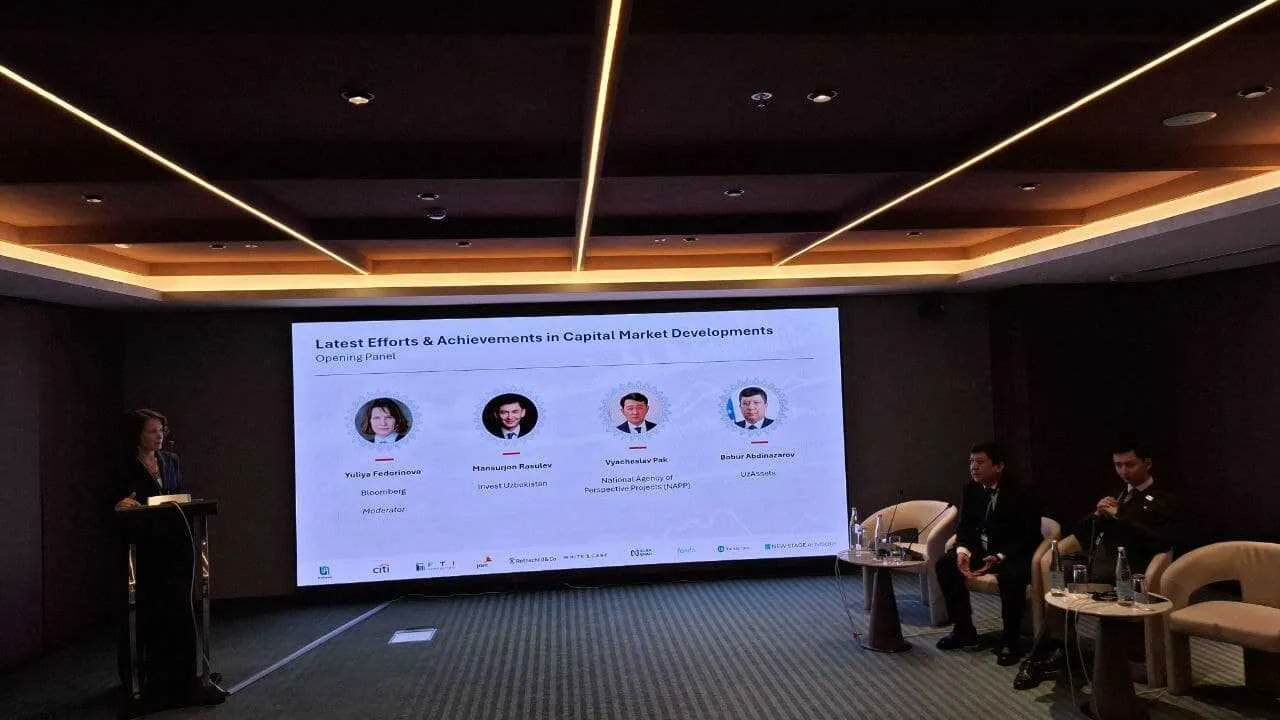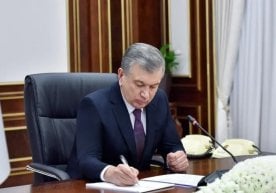
The pace of reforms in Uzbekistan has slowed down compared to seven years ago. This issue was discussed at the conference titled "Uzbekistan and the Prospects of International Equity Markets in 2025," held in Tashkent on November 12-13.
According to Mansurjon Rasulov, Director of the Agency for Attracting Foreign Investments, the initial years of reforms were marked by swift decisions and structural changes. However, the current priority is strengthening the achievements. "The pace of reforms in 2018 has naturally slowed today.
Back then, we undertook measures such as currency liberalization, tax system reform, and the elimination of barriers for businesses. Such steps cannot be implemented every year—businesses require stability," Rasulov stated.
He also noted that to ensure stability for investors, the government has set primary tax rates, including VAT and profit taxes, to remain unchanged until 2028. "Today, the key issue is not the quantity but the quality of reforms.
Uzbekistan has passed the point of no return and is now striving for sustainable growth," Rasulov added. Bobur Abdinazarov, Chairman of the Board of UzAssets, shared that Uzbek companies have attracted over $3 billion from international capital markets in the past two years.
"Six companies have obtained S&P ratings, and seven have received ESG scores. Navoi Mining and Metallurgical Kombinat, Uzbekneftegaz, and Navoiyuran have issued Eurobonds in London.
Additionally, the first IPOs are planned for 2026," he stated. Abdinazarov highlighted that these outcomes demonstrate the continued progress of corporate sector reforms and their tangible results.
Rasulov pointed out that the current phase of reforms requires constant dialogue with the private sector. This task is being carried out by the Foreign Investors' Council under the President, where businesses directly discuss key obstacles and initiatives with the government.
"We listen to their feedback and implement reforms based on it. My final point is that these reforms are not for their own sake but are undertaken out of practical necessity.
Investors have acknowledged this repeatedly, and it makes our investment climate particularly attractive. Our government knows how to listen.
If businesses previously raised 20 issues, we have resolved all of them. Now, for instance, only five issues remain, and we are addressing them.
The pace of reforms directly depends on this," Rasulov said. Read “Zamin” on Telegram!
Ctrl
Enter
Found a mistake?
Select the phrase and press Ctrl+Enter Related news
Information
Users of Меҳмон are not allowed to comment this publication.
Users of Меҳмон are not allowed to comment this publication.













